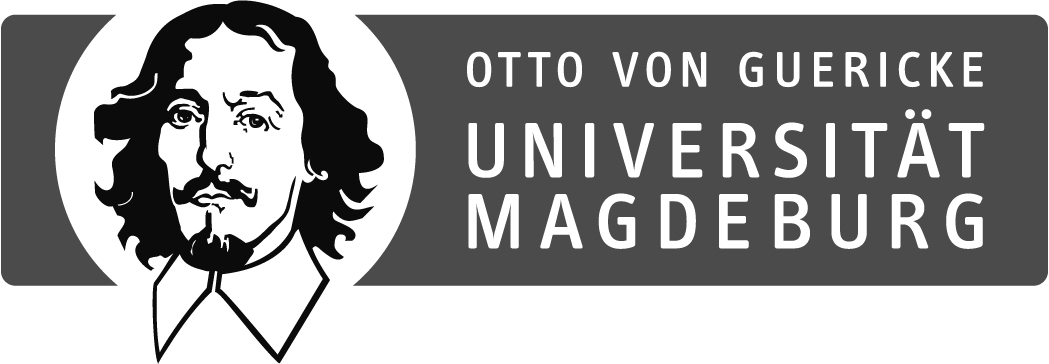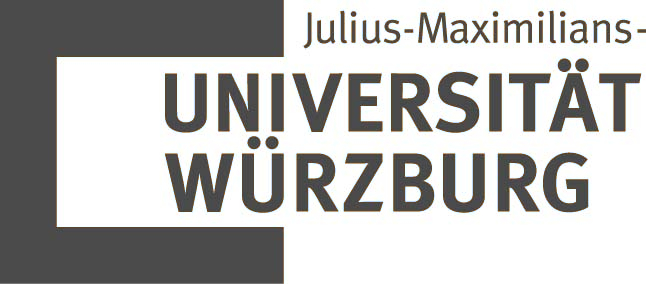About the Special Session
Digital technologies have become mobile and talkative. Independent of time and place, they accompany their users and enable access to the digital world with their various functions fulfilling very different needs of their users. In contrast to early human-computer interactions and due to the rapid development of the technological basis, modern mobile devices provide multimodal interactions appealing to their users via (nearly) all sensory data: We do not only look at screens, but we also talk to devices, ask them questions and listen to their answers, we touch them and feel their vibrations. Consequently, the interplay between the psychological perspective and the technical perspective is crucial for a user-centered human-computer interaction. While the first one aims for a deeper understanding of human-computer interaction (HCI), its determinants, and effects, the technological perspective seeks to enable devices to sense the user it ts full variety and model the full complexity of the interaction.
About the conference
HCI International 2023 is an international forum for the dissemination and exchange of up to-date science on theoretical and applied areas of Human-Computer-Interaction. Being part of that conference, MOBILE 23 focuses on the design, operation and evaluation of mobile communications. The conference will take place at AC Bella Sky Hotel and Bella Center, Copenhagen, Denmark. HCII2023 will run as an 'in-person' conference with the possibility of remote participation."
Submission process
We invite researchers from all disciplines to contribute to a deeper understanding of the human users interacting with mobile technologies. Prospective authors submit extended abstracts, which include a statement of the objective and significance of the paper, a theoretical and a methodological part and a discussion of results. Abstracts will be peer-reviewed. The review process of the HCII is not double-blind. Names and contact with the abstract are given to the reviewers.details of the author(s) associated After acceptance, the authors submit a full paper, which is reviewed again. Accepted submissions will be included in the Conference proceedings to be published by Springer in the Lecture Notes in Computer Science (LNCS) or Lecture Notes in Artificial Intelligence (LNAI) series.
Format Guidelines
Abstract (600-800 words) can be submitted in either DOCX or PDF format, but no special formatting guidelines apply in this stage. References, tables and figures are acceptable in the abstract. References are in addition to the 800-words limit. Camera-ready papers (typically 12 pages but no less than 10 and no more than 20 pages) follow the style guidelines of the conference, which will be available in due course.
Organizers and Contact
Astrid Carolus, Julius-Maximilians-University, Wuerzburg
Yannik Augustin, Julius-Maximilians-University, Wuerzburg
Ingo Siegert, Otto-von-Guericke-Universität Magdeburg, Germany
Matthias Busch, Otto-von-Guericke-Universität Magdeburg, Germany
organizers@psytec4va.mobileds.de

